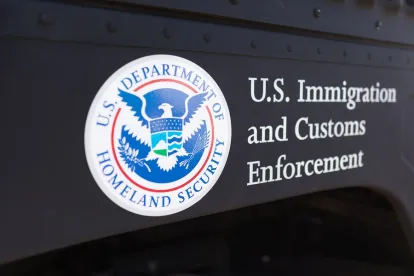On Oct. 11, 2022, the Department of Homeland Security (DHS) and U.S. Immigration and Customs Enforcement (ICE) announced an extension to compliance flexibilities governing Form I-9. The extension permits continued remote verification and additional Form I-9 flexibilities until July 31, 2023.
ICE initially implemented the policy in March 2020, presumably responding to increased remote employment due to COVID-19. These flexibilities were narrowly and exclusively applied to employers and workplaces that were 100 percent remote, reflecting the agency’s long-standing resistance to remote I-9 verification. ICE granted some discretion in the physical presence requirements associated with Form I-9, allowing employers to inspect documentation remotely. Employers were instructed to state “COVID-19” in Section 2 on Form I-9.
Many employers have since implemented telework arrangements to adapt to changes brought about by the COVID-19 pandemic. ICE’s guidance since March 2020 has been revised to suggest that positions that are remote, even if other positions at the same employer are not remote, are eligible for remote I-9 verification. Further reflecting the changing nature of the workplace, on Aug. 18, 2022, DHS announced a Notice of Proposed Rulemaking (NPRM) intended to explore alternative regulatory options, including making some of the current pandemic-related flexibilities permanent.
The proposal includes a pilot program and framework allowing the DHS secretary to authorize optional alternative documentation examination procedures in the event of heightened security needs or a public health emergency. Moreover, DHS proposed adding boxes to Form I-9 that allow employers to report alternative procedures used to complete Section 2 or Section 3, as well as updates to form instructions to clarify the purposes of these boxes.
Importantly, this NPRM doesn’t itself adopt a specific remote I-9 procedure – it is intended to formalize DHS’ authority to make some form of remote I-9 verification permanent. Subsequent adoption of I-9 remote verification procedures would require separate rulemaking.





 />i
/>i
